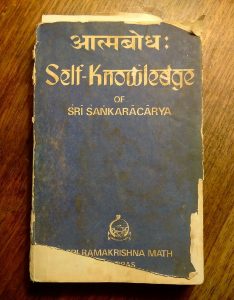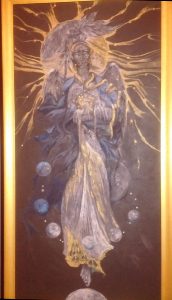*YOGA CLASS NOTES. PLEASE READ!!!
PS: Remember it is Queens Birthday Weekend. No Yoga, but I will be working through the school hols which are not long away. Look at the Web Site for class times nearer the date.
TEACHER TRAINING: Yes it is on tomorrow, Sunday (Studio, 2pm to 4pm), but if you have any hesitation about your health, If you are headachy, sore or have a cough (you know the drill) , or if your job takes you into an atmosphere of unhealthy uncaring people (or if you have been in a crowded cafe/shop, or protest march, in the last few days), please stay home this time as we have people here who are immune compromised. The virus lives with you – with all of us – from now on , respect it and respect others.
If you are coming, please email me if you haven’t already, I have to know how many to expect, and who is coming.
Dear Yogis (shoppers),
Shoppers? You haven’t settled because you are looking for a “passion”, something that makes sense and is easy. This is neither…passionate or easy, EVER! As I have said before, my teacher began my formal studies in meditation by alerting me to the fact this this path of study was not for the faint hearted. This was tough stuff – suitable to be undertaken only by a warrior. I didn’t understand it then – I do now.

In meditation, trying to remove the pain of the future self, inevitably means addressing the pain of the past and the present. This seems to be an easy thing until you understand how much of your life is spent in denial, and blocking out the awareness of the dreadful futility of most of the things that clutter up our days.
When you have begun address your pain, the idea is that as part of your service you begin to take on the pain of others…Not just in a casual way in passing, but as a serious exercise. We tend to dismiss the pains and discomfort of others, particularly those of older years because at some level we know in due course we will be like them. Then sincerely motivated to remove the pain of others, and sending every living being, every single creature the wish that they might achieve their ultimate happiness, you could (if all we are taught is true), actually learn to escape our ever encroaching ageing and death.
In doing Tonglen, the ultimate giving and taking meditation all day everyday, then we begin to act in a different way. We begin to act out our meditation, helping others before they know they need help and certainly before they have asked for it. Finding ways to please the unpleaseable. What happens then is that they begin to see you differently, and begin to look for ways to repay you for your acts of kindness and you will begin to wonder why you hadn’t acted this way in the beginning. What was it that stopped you?
Maybe you haven’t been a Warrior. A Warrior acts in the ways of perfections – the deeds that make you perfect.
My Raven is helping me in my quest to be a Warrior. I believe that only a Warrior could feed a bird perfectly, and I am learning. Only a Warrior could understand that giving bread to a bird can be a perfection, knowing that the act will create paradise for the one who gives perfectly. How do we give perfectly? Only if the heart is right can we give with perfection. When you are in that mind, you give the best you have, whatever is the most desired. Giving with wisdom as the bird does to me.
The highest gift we can give is the gift of understanding what it is that has created this world, and how we can turn it into a world of bliss, rather than what we have now which is a world of loss and pain.
My Raven gives perfectly the best he has. He gives me crumpets and cakes in the winter, moss in the coldest months, and twigs when spring is on the way. He gives me the best of what he has… to let me know what he believes I need. Shares his crumpets and cake when the weather is cold. The best and greenest moss? – I obviously need the medicinal qualities when even he doesn’t know he needs it, but craves it, and twigs to help me nest. The difference in our size and the fact he is a bird and I am not, has not made any difference to him. He still gives me the best he has.
It seems hard. However, you have no reason to hesitate, no reason to be discouraged or to doubt. Behind you and gone forever is only death. Behind you is only an accumulation of pain and suffering. You are now a yogi. You are on the right way .. run towards it.
ENJOY THE SUNSHINE TODAY –
NAMASTE Jahne




